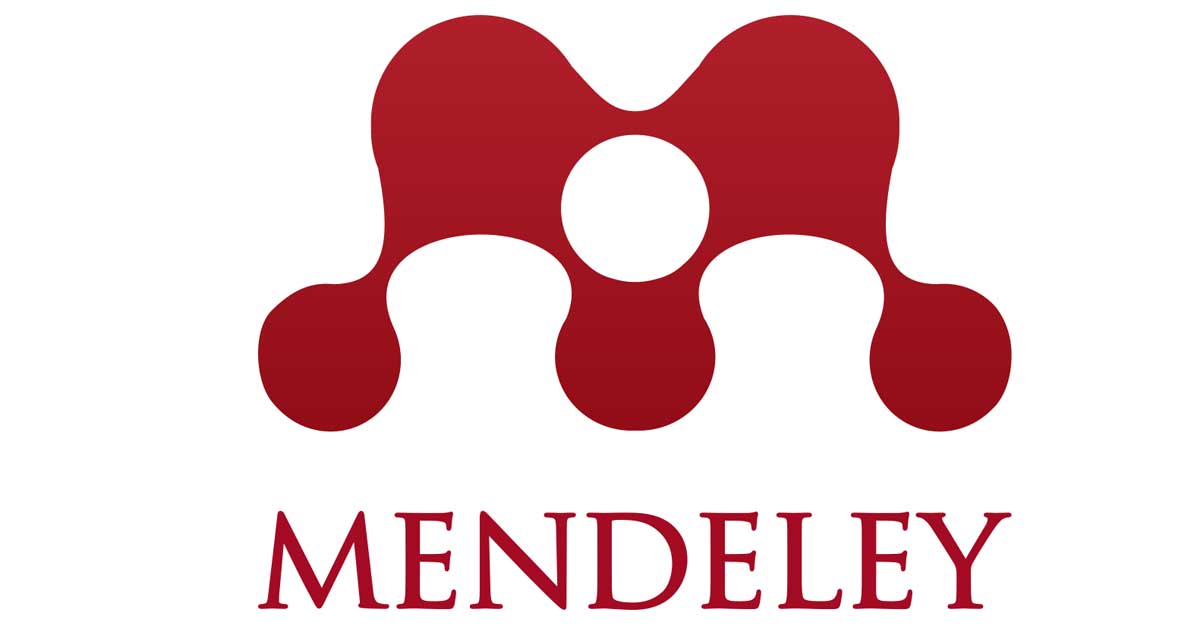THE ROLE OF MORAL EDUCATION IN CHILDREN'S CHARACTER DEVELOPMENT: A PHILOSOPHICAL PERSPECTIVE IN ISLAMIC ELEMENTARY SCHOOLS
Abstract
The role of moral education in character development of children is a crucial aspect in the educational process at MI (Islamic Elementary Schools). However, there is still a need to gain a deeper understanding of how educational philosophy can aid in developing the moral character of children at MI. This research employs a qualitative approach by conducting literature reviews and philosophical analyses of moral education concepts in Islam as well as the approaches used in MI. The results of the study indicate that moral education in MI can be enhanced through the application of philosophical approaches, such as introducing moral concepts in Islamic teachings contextually and using philosophical reflection methods in learning. Thus, moral education can be more effective in shaping the character of children to have noble morals in accordance with Islamic teachings.
References
Athanassoulis, Nafsika, dan Hyemin Han. “Role Modelling Is Beneficial in Moral Character Education: A Commentary on Carr (2023).” Philosophical Inquiry in Education 30, no. 3 (2023): 240. http://dx.doi.org/10.7202/1111138ar.
Idris, Muh. “The Role of Character Development in Islamic Religious Education: An Islamic Values-Based Approach at one of the MAN Schools in South Sulawesi.” West Science Interdisciplinary Studies 1 (2023): 621–629. http://dx.doi.org/10.58812/wsis.v1i08.187.
Imaduddin, Muhamad, Sholikhati Sholikhati, dan Moh. In’ami. “STEM Education Research in Indonesian Elementary Schools: A Systematic Review of Project-Based Learning.” ELEMENTARY: Islamic Teacher Journal 9, no. 2 (2021): 201. http://dx.doi.org/10.21043/elementary.v9i2.11552.
Irawan, Agus Wahyu. “Analisis Kualitas Produk untuk Meningkatkan Kepuasan Nasabah.” Tasyri` : Jurnal Tarbiyah-Syari`ah-Islamiyah 27, no. 2 (2020): 1–10.
Irawan, Agus Wahyu, dan Zulfatun Anisah. “Dewan Pengawas Syariah Dalam Pengawasan Kontrak Pembiayaan.” ADILLA : Jurnal Ilmiah Ekonomi Syari’ah 4, no. 2 (2021): 16–25. http://dx.doi.org/10.52166/adilla.v4i2.2515.
Irawan, Agus Wahyu, Nur Lailatul Fitri, dan Popy Nur Maeni. “Quick Respond Indonesian Standart (QRIS) dalam Ber-Transaksi Secara Go Digital di UMKM Keripik Pisang UD. Muser Desa Pandanagung Kecamatan Soko Kabupaten Tuban.” Akademika 17, no. 2 (2023). http://dx.doi.org/10.30736/adk.v17i2.1832.
Irawan, Agus Wahyu, Heri Kuncoro Putro, Moh. Agus Sifa’, dan Imam Wahyudhi. “Pendistribusian Zakat Sebagai Upaya Pengentasan Kemiskinan Di Badan Amil Zakat Nasional (BAZNAZ).” JPSDa: Jurnal Perbankan Syariah Darussalam 3, no. 1 (2023): 74–88. http://dx.doi.org/10.30739/jpsda.v3i1.1954.
Irawan, Agus Wahyu, Mukhamad Roni, dan Heri Kuncoro Putro. “Islamic Business Ethics: How to Apply it on the Supply Chain Management?” Journal of Sharia Economics 3, no. 1 (2021): 18–39.
Nugroho, Arief Setyo, Bambang Sumardjoko, Anatri Desstya, Minsih, dan Choiriyah. “Strengthening the Character of Caring for the Environment in Elementary Schools through Ecoprint Artwork.” International Journal of Elementary Education 7, no. 3 (2023): 394–402. http://dx.doi.org/10.23887/ijee.v7i3.56472.
Rahmi, Miftah, dan Nola Nari. “Development of Inquiry-Based E-Poster Media on Natural Science Learning Digestive System Material in Elementary Schools.” Journal of Islamic Education Students (JIES) 2, no. 2 (2022): 76. http://dx.doi.org/10.31958/jies.v2i2.5609.
Rambe, Nurhamimah, Wina Mariana Parinduri, dan Renni Ramadhani Lubis. “Character Education-Based Modules in Indonesian Language Learning to Improve Student Learning Outcomes in Elementary Schools.” Pedagogik Journal of Islamic Elementary School 6, no. 2 (2023): 135–146. http://dx.doi.org/10.24256/pijies.v6i2.4222.
Sa’diah, Halimatus, Zulhendri Zulhendri, dan Fadriati Fadriati. “Development of Learning Videos with Kinemaster-Based Stop Motion Animations on Thematic Learning in Elementary Schools.” Journal of Islamic Education Students (JIES) 2, no. 2 (2022): 91. http://dx.doi.org/10.31958/jies.v2i2.5615.
Soviyah, Soviyah, dan Nur Fatimah. “Project-based learning online training to develop students’ Islamic character for English teachers at Muhammadiyah Elementary Schools in Yogyakarta.” Community Empowerment 7, no. 1 (2022): 48–53. http://dx.doi.org/10.31603/ce.6269.













